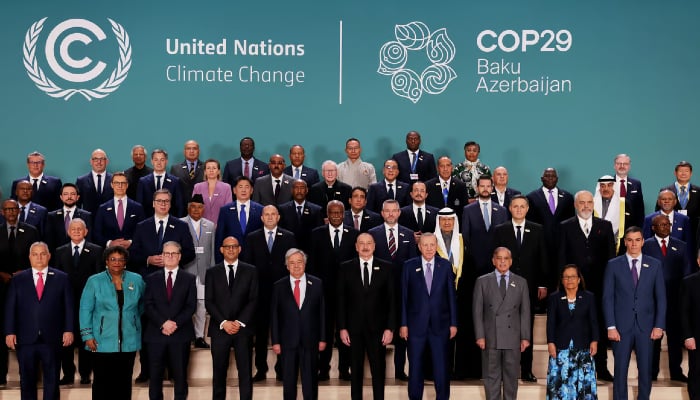
Wealthy countries of the world pledged to give a record $300bn (£238bn) funds to developing countries for their climate change action.
According to BBC, after over 33 hours of discussion at the UN climate summit COP29 in Azerbaijan, the world's richer countries, which are also the wealthier polluters, approved $300 billion (£238 billion) for the poor countries to help them in preventing and preparing for climate change.
The head of the UN climate body, Simon Stiell, said it had “been a difficult journey, but we've delivered a deal. This deal will keep the clean energy boom growing and protect billions of lives."
Meanwhile, the developing nation, vulnerable to climate change, walked out of the talk on Saturday, November 23, 2024, arguing that the funds are insufficient to combat climate change.
The chair of the Alliance of Small Island States, Cedric Schuster, expressed, “I am not exaggerating when I say our islands are sinking! How can you expect us to go back to the women, men, and children of our countries with a poor deal?”
However, later on Sunday, after some changes in the agreement, nations passed the deal with cheers and applause as the summit failed to build on an agreement last year.
But the Indian representative Leela Nandan, in her furious speech, showed frustration over the “too small” sum, saying, “We cannot accept it… The proposed goal will not solve anything for us. (It is not conducive to climate action that is necessary to the survival of our country.”
“I regret to say that this document is nothing more than an optical illusion. This, in our opinion, will not address the enormity of the challenge we all face. Therefore, we oppose the adoption of this document," she added.
Furthermore, Switzerland, the Maldives, Canada, and Australia also protested against the “weak language” used for reducing fossil fuel usage, but that decision was postponed till the 2025 talks.















